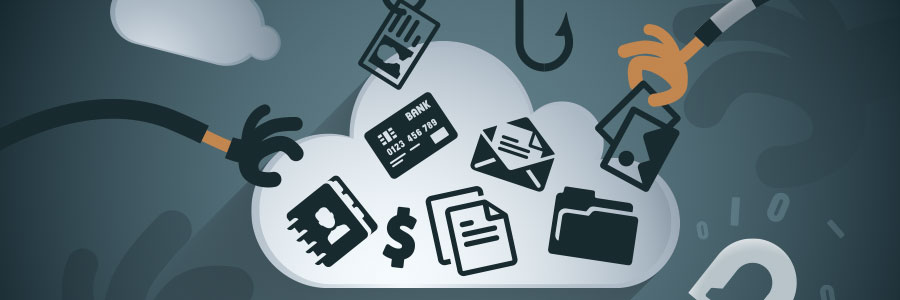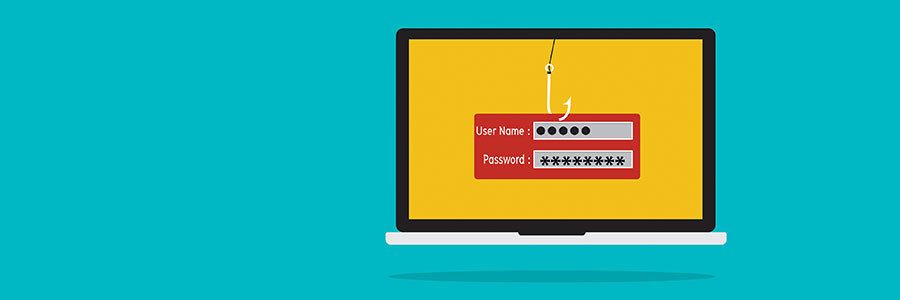It’s every business user’s responsibility to protect their computers and data from cyberattacks. The good news is that you don’t need to be an IT security expert to keep them safe. You can start increasing your knowledge by learning some of these basic cybersecurity terms.
Top IT security terms everyone should know
Why managed IT services is best for cybersecurity

Today’s companies need technology to function. Without it, businesses cannot compete and succeed. But with technology comes the ever-constant threat of hackers and cybercriminals. That’s why small- and mid-sized businesses need to protect themselves with robust cybersecurity solutions managed by IT professionals.
Helpful tips for keeping your email safe
How to work from home securely

Encouraging staff to work from home is extremely vital in the midst of the COVID-19 outbreak. By minimizing social interactions and contact risks, you can reduce the spread of the virus. But be warned. Transitioning from a fully managed business environment to a home office can leave you vulnerable to cyberattacks and online scams.
Keeping your email safe

If you think your email is safe from hackers, think again. A lack of sufficient email security measures can result in data theft, unauthorized access to sensitive information, and malware attacks. Here are some tips to secure your email account from unwanted intruders and the many troubles that come with them.
9 Cybersecurity terms you need to know

Cybersecurity is everyone’s responsibility. But you don’t need to be an IT expert to know how to protect yourself from a cyberattack. To help you get started, here are helpful terms you need to know so you’re not left in the dark, whether you’re teaching yourself how to update your anti-malware, updating your systems, or consulting your tech support.
Don’t let hackers fool you with these tricks
Ready for tax season phishing scams?

As tax season looms, so do phishing scams. For cybercriminals, this is the ideal time of year to deceive unsuspecting individuals into releasing sensitive private or company information. Businesses must therefore take extra precautions between now and April 17th to avoid hackers from selling your confidential data in the dark web.





